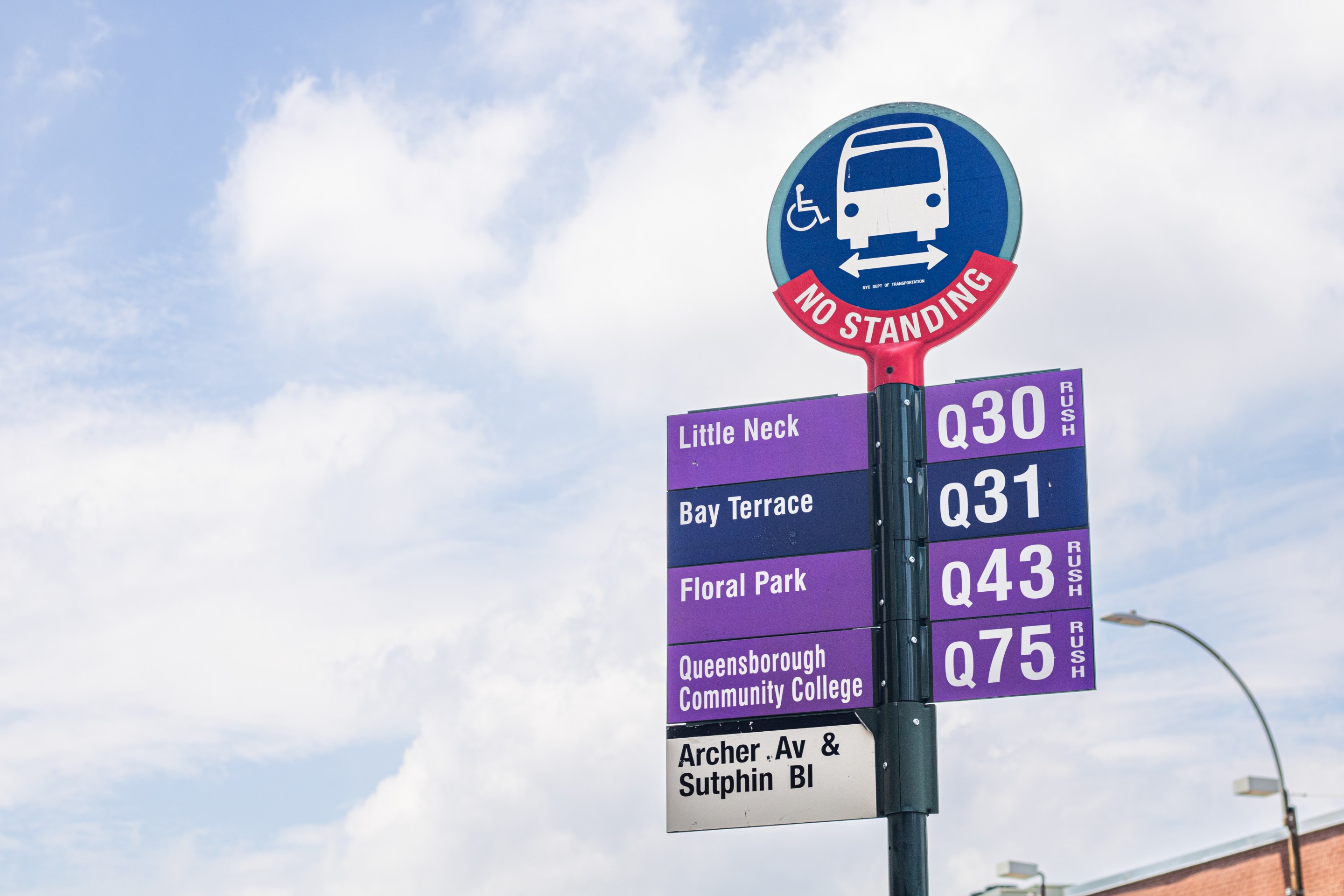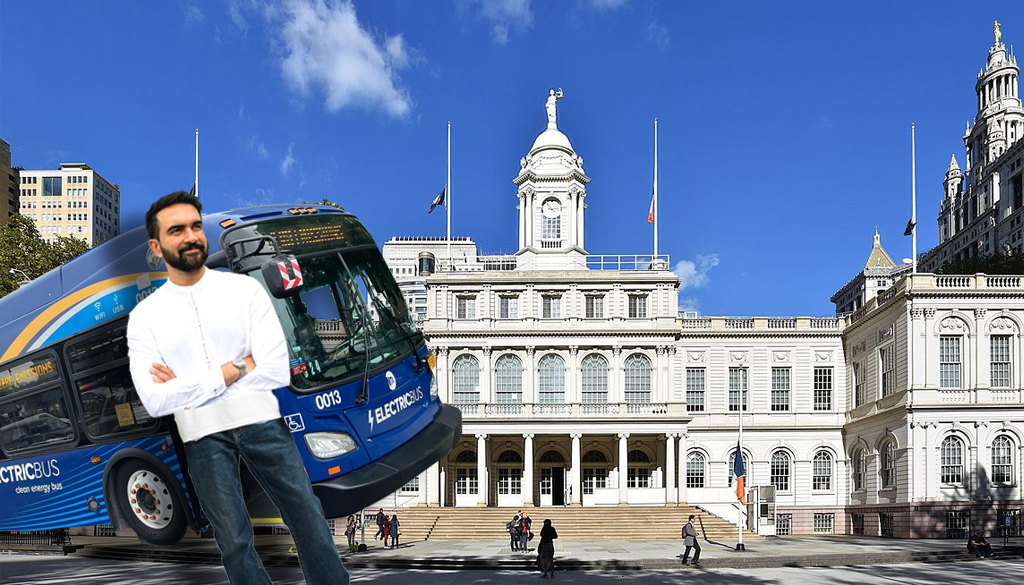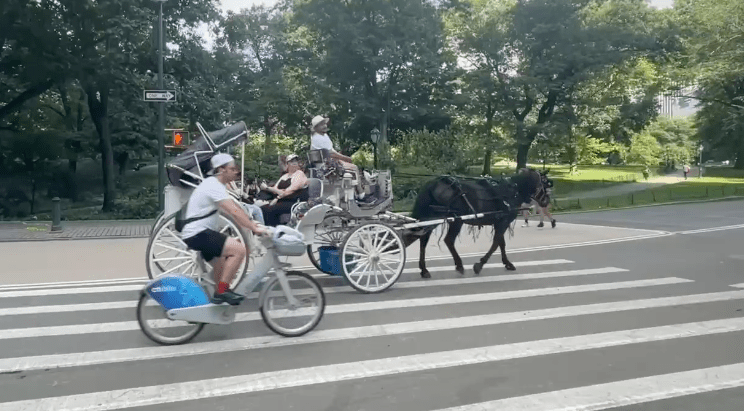 Rather not waste billions on stuff like this? Call your rep. Photo: dherrera_96/Flickr.
Rather not waste billions on stuff like this? Call your rep. Photo: dherrera_96/Flickr.The massive federal stimulus package -- expected to direct hundreds of billions to infrastructure projects over the next two years -- enters a critical phase this weekend as congressional leaders and the Obama team hammer out the bulk of the bill. For transportation policy, the options are clear: This bill can either perpetuate a system geared toward more driving, more pollution, and more dysfunction on our streets, or it can signal that the nation is turning the page on 1950s-style mobility, embracing green transportation, and placing greater value on the public realm.
The folks at Transportation for America are urging supporters to call their representatives in Washington and give key decision makers a push in the right direction.
The shape of the stimulus will have major consequences for Obama's domestic agenda. "The economic recovery package should send a strong signal on the rest of the legislative priorities that are coming up," said Robert Puentes, a fellow at the Brookings Institution and a prolific author of infrastructure and transportation policy recommendations. "We know that after this legislation passes, we have a ticking clock with respect to the climate bill, energy legislation, and the next transportation bill. It's critical that the economic recovery package support a new way forward that's being promised with those other pieces of legislation."
The bill is expected to deliver up to $100 billion to transportation projects, or about two years' worth of typical federal spending. One of the big risks is that too much leeway will be given to states, which have an unhealthy appetite for highway expansion. "The big highway projects are eating up the majority of the money in many of the states," said David Burwell, a strategic consultant with T4A.
Most of the states' wish lists are shielded from public view. Of those that have come to light, it's clear that fix-it-first projects -- maintenance and repair of existing infrastructure -- are not a top priority, nor are transit projects. Gary Toth, a former director of project planning at NJDOT who now heads up transportation initiatives at Project for Public Spaces, has reviewed some of the state lists and what he turned up isn't pretty. "Florida's list is three-quarters expansion, 10 percent fix-it-first," he said in an email message. "On the
highway side, Wisconsin asks for over $3 billion for two big expansion
projects, less than $100 million for fix-it-first. Utah's list is
almost exclusively populated with expansion projects; Missouri is two
thirds; Kansas, three-quarters." Throwing all those billions at traffic-generating highway capacity projects would come at the direct expense of greener modes and overdue maintenance.
The highway lobby contends that their expansion projects are the optimal way to create jobs. Toth and others aren't buying it. "Each of those states easily have at least a billion dollars
of bridge and road and pavement repair and maintenance needs that could
be ramped up over the next two years," he said. "Yet, like an overweight diabetic
who can't kick the sugar habit, these DOTs are spurning these
absolutely critical maintenance needs in the quest for the seductive
roadway expansion projects that elected officials just love -- if they
are in their district."
You can see more state list breakdowns, including Utah's colossal $7.5 billion highway expansion ask, on the T4A website, which explains the modal bias at work behind the numbers:
This is not because road projects are "ready to go" and others arenot. On the contrary, local governments and public transportationagencies have identified scores of transit, sidewalks and local roadrepairs. It appears that the DOTs often are simply leaving them off thelist.
Puentes also believes that framing the debate as "job creation versus green priorities" offers a false choice. "The focus should be on both speed and quality -- that we're not just putting people to work and stimulating the economy in the short term, but that it's also the right kind of projects," he said. "While speed is certainly critical, we can do both. These goals don't have to be inconsistent with each other."





